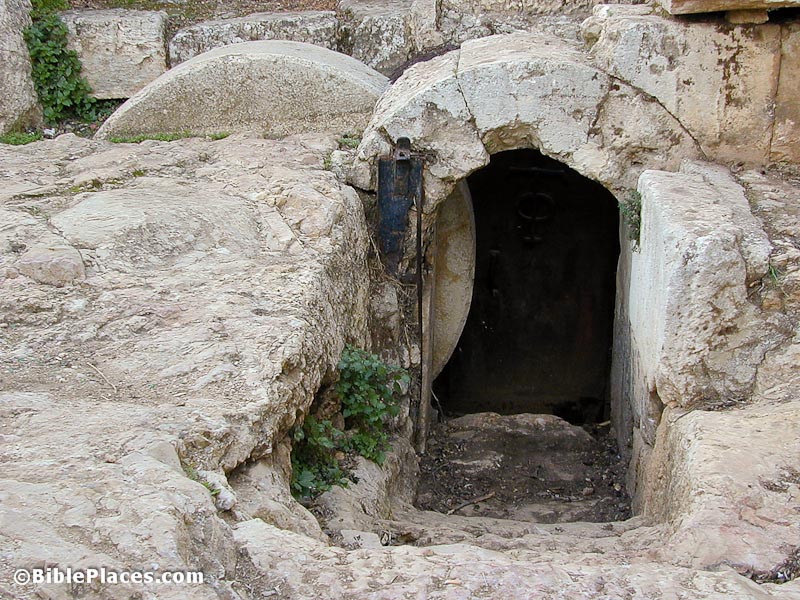Revised: 22-Dec-2012
We are not told on what night of the week Jesus ate the Passover lamb with his disciples. However, the Gospels make it clear that Jesus died and was buried on a Friday.[1] According to Luke, the women who had come with Jesus from the Galilee witnessed the crucifixion (Luke 23:49). After also witnessing Joseph of Arimathea’s interment of Jesus (Luke 23:55), the women went to their lodgings and hurriedly prepared spices before the onset of Sabbath (Luke 23:56).[2] When the Sabbath ended, they returned to the tomb carrying the spices (Luke 24:1).
Jesus prophesied that he would rise from the dead on the third day after his death. The Son of Man, Jesus said, would be turned over to the Gentiles, who would put him to death, but on the third day he would rise from the dead (Luke 18:31-33).[3] Likewise, Peter proclaimed, “God raised him from the dead on the third day” (Acts 10:40).[4]
If Jesus was buried late Friday afternoon, how long would he have had to remain in the tomb to fulfill his prophecy about his resurrection? To answer this question, we need to know something about the Jewish way of reckoning time. We also must examine two interesting Hebrew idioms.
Paid Content
Premium Members and Friends of JP must be logged in to access this content: Login
If you do not have a paid subscription, please consider registering as a Premium Member starting at $10/month (paid monthly) or only $5/month (paid annually): Register
One Time Purchase Rather Than Membership
Rather than purchasing a membership subscription, you may purchase access to this single page for $1.99 USD. To purchase access we strongly encourage users to first register for a free account with JP (Register), which will make the process of accessing your purchase much simpler. Once you have registered you may login and purchase access to this page at this link:

- [1] The Greek word παρασκευή (paraskevē; preparation, day of preparation) appears in the New Testament six times (Matt. 27:62; Mark 15:42; Luke 23:54; John 19:14, 31, 42), always referring to the “day of preparation,” that is, the day before the Sabbath, as Mark explains (Mark 15:42). In Jesus’ time, the “Day of Preparation” was a technical term for “Friday,” the day on which Sabbath preparations had to be made (see Josephus, Ant. 16:163; Didache 8:1). ↩
- [2] Mark reports that the women purchased the spices, and this they did only “when the Sabbath was over” (Mark 16:1). ↩
- [3] Compare John 2:19, 21-22: “Jesus answered them, ‘Destroy this temple, and I will raise it again in three days’… But the temple he had spoken of was his body. After he was raised from the dead, his disciples recalled what he had said” (NIV). ↩
- [4] Paul’s proclamation was identical: “For what I received I passed on to you as of first importance: that Christ died for our sins according to the Scriptures, that he was buried, that he was raised on the third day according to the Scriptures…” (1 Cor. 15:3-4; NIV). ↩































































































